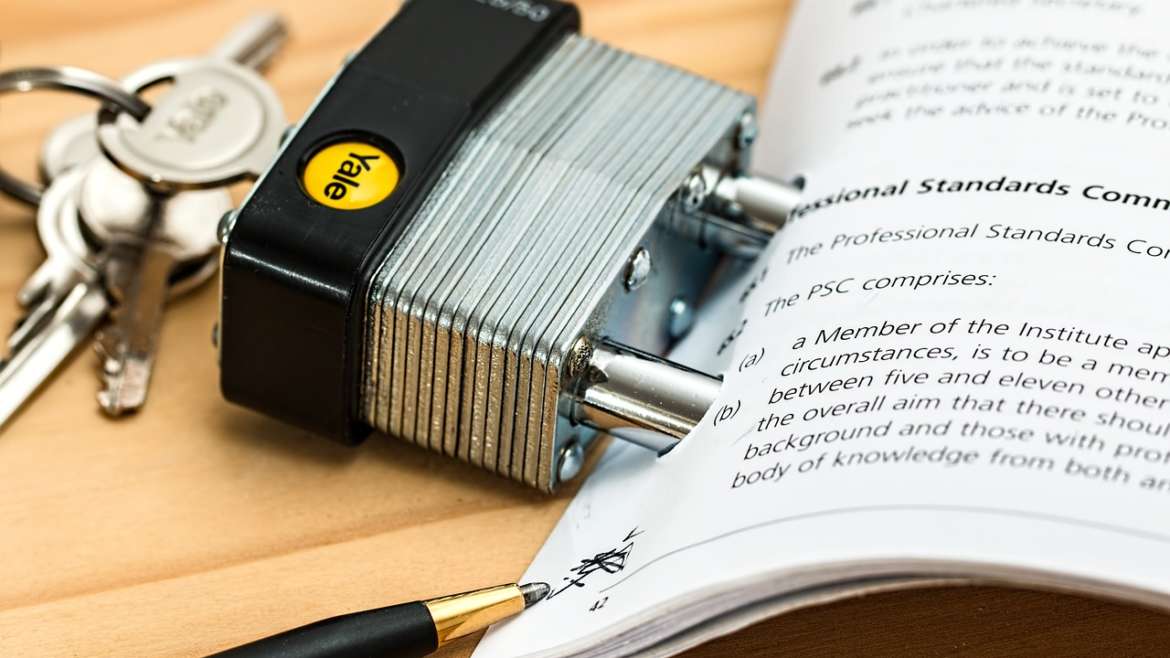There are people in vulnerable circumstances who need protection, so guardianship would be the best option for such cases. These people often have physical limitations or have lost one of their parents. Read on to find out more about this topic and the responsibilities that come with having a guardianship.
Persons who may assume guardianship
We must turn to the guidelines of Article 234 of the Civil Code to determine who is qualified to hold this position:
- The person who has been chosen for the guardianship regardless of whether there is a kinship relationship or not.
- The ward’s parents.
- Any person who shares a residence with the subject to be protected.
- Individuals mentioned in wills and other last will dispositions.
- Sibling ascendants or descendants named by the judge in a court order.
The guardian can only be appointed by the judicial branch of the State. As a result, the judge, who is in charge of the process, is responsible for choosing the guardian. The guardian shall immediately assume guardianship before the appropriate court or tribunal. This body will be in charge of managing its operations and keeping control of the actions carried out by the guardian.
Obligation to assume
Even though the judge assigns guardianship, it is possible that the guardian may choose to resign before beginning to perform his or her duties. However, you must justify considerable factors to demonstrate that you will not be able to perform your duties.
The responsibility of being a tutor is a challenge and even more so when it is for the first time. Therefore, it is important that before accepting this responsibility, you are aware of the obligations it entails. These include:
- Provide emotional and financial support to the person under your care.
- Establish a respectful and considerate relationship with the ward.
- Keep the judge informed of all changes in health, place of residence and financial situation.
- The ward must receive the appropriate education.
- You must accept responsibility for any act that harms you directly or indirectly.
- He is obliged to submit to the court an annual report detailing the financial situation of the person under his care.
The guardian is obliged to submit to the court a report called the final accounting at the end of the guardianship period. This may be given by the age of majority of the minor, death or recovery. It has a term of 3 months from the day on which the guardianship ends.
How to terminate the guardianship
A guardian may resign the guardianship, but not before an initial hearing is held. You must demonstrate that your waiver will be for the benefit of the child. After the judge accepts it, he or she will have to look for a replacement among family members or volunteers to find a new guardian.
If no candidate for guardian is found, the minor may go to a juvenile court. In order to grant it to another person, the judge will take into account one of these requirements:
- You have a residence in a secure location.
- It has a stable economic income.
- Is capable of taking care of the child.
- All educational, health and recreational rights can be provided.
In the event that any relative or parent wants to return to live with the ward, it is important that he or she be able to provide a decent home for the ward to live in.
The judge may take into account the child’s preferences only if the child is over 12 years of age. Now you know all the responsibility and commitment that is assumed at the time of obtaining guardianship of a minor. We provide the best services to help you in your legal matters.


